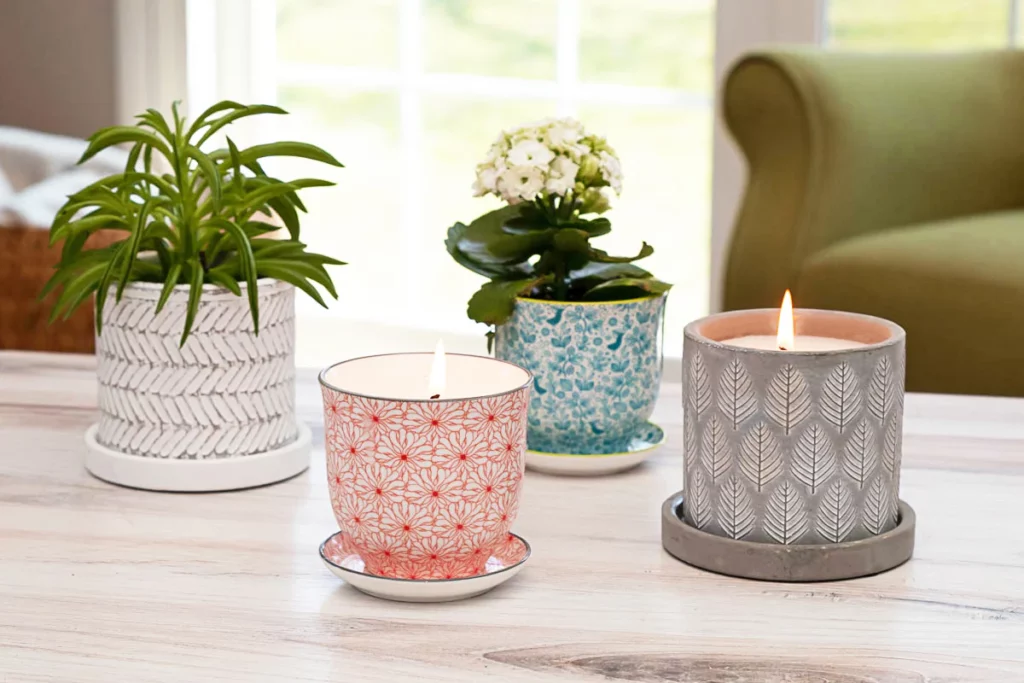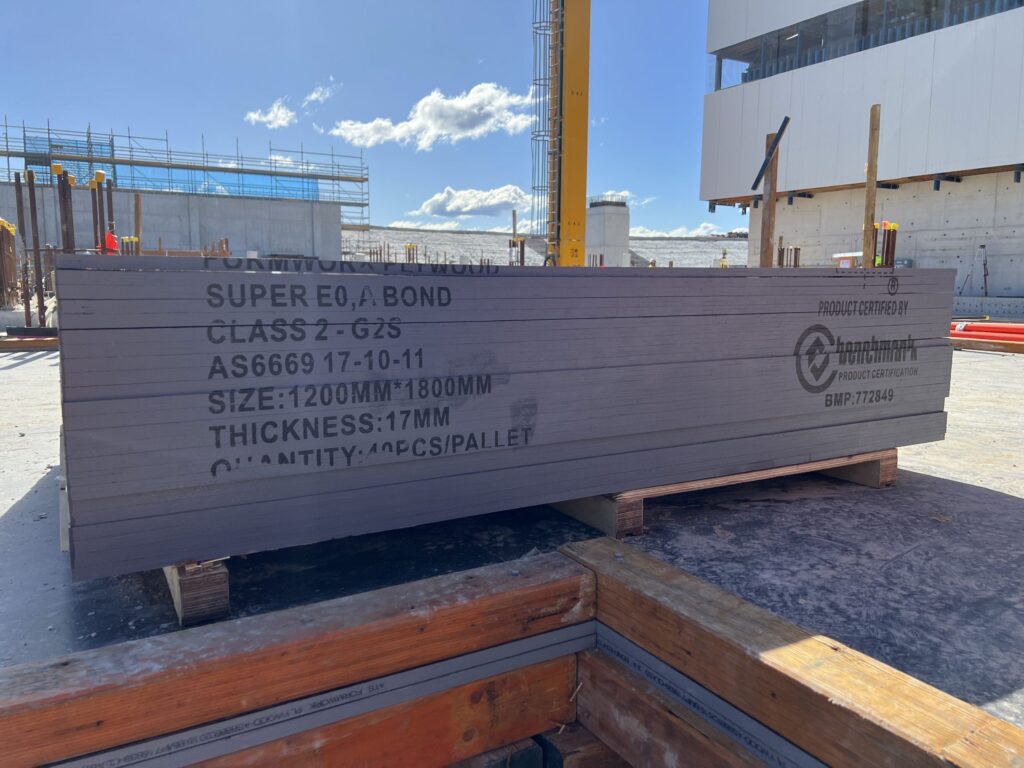Choosing the right home security system can feel overwhelming given the myriad options available. In Australia, where residential safety is a top priority for many, it is essential to understand your unique security needs and explore various systems before making a decision. This guide will help you navigate through the complexities of home security to find what works best for you and your home.
Understanding Your Home Security Needs
Before diving into the vast world of home security systems Australia, it is crucial to assess your specific requirements. Every home is different, so understanding what you need will help streamline your options.
Evaluating Your Home’s Vulnerabilities
Start by evaluating the vulnerabilities of your home. Walk around your property and observe areas that could be easily accessed by intruders. Look for:
- Unlit corners or poorly visible entrances
- Unlocked windows or doors
- Landscaping that could conceal potential intruders
By identifying these vulnerabilities, you can better tailor a security system that addresses your specific weaknesses. Consider also the potential entry points that may not be immediately obvious, such as basement windows or garage doors. These areas often go overlooked but can be critical in ensuring the overall security of your home. Additionally, think about the time of day when your home is most vulnerable; for instance, if you frequently travel for work or leisure, your home may be left unattended for extended periods, making it an attractive target for burglars.
Identifying Your Security Priorities
Next, consider what your primary security priorities are. Are you more concerned about protecting your belongings, the safety of family members, or both? Additionally, think about factors such as:
- The size and layout of your home
- Your neighborhood’s crime rate
- Your lifestyle and travel habits
Each of these aspects will influence the type of system that best fits your needs. For example, families with young children may prioritize systems that include features such as door alarms or window sensors to prevent accidental exits. On the other hand, individuals who travel frequently might benefit from smart home technology that allows them to monitor their property remotely. Furthermore, consider integrating additional elements such as surveillance cameras that provide real-time footage, or motion-activated lights that can deter potential intruders by illuminating dark areas around your home. By understanding both your priorities and the unique characteristics of your property, you can make informed decisions that enhance your peace of mind.
Exploring the Types of Home Security Systems
With an understanding of your unique requirements, it’s time to explore the types of home security systems available. This knowledge will empower you to make informed decisions.
Wired vs. Wireless Systems
Home security systems can be classified into two main categories: wired and wireless. Wired systems traditionally offer a more stable connection, but installation can be invasive and inconvenient. On the other hand, wireless systems are easier to install and relocate but may rely on battery power, which requires regular maintenance. Additionally, wireless systems often come equipped with advanced features such as smartphone integration and remote monitoring, allowing homeowners to keep an eye on their property from anywhere in the world. However, it’s crucial to consider potential interference from other wireless devices in your home, which can sometimes affect performance.
Monitored vs. Unmonitored Systems
Another important distinction is between monitored and unmonitored systems. Monitored systems are connected to a central monitoring service that responds to alarms and alerts authorities in real-time. Conversely, unmonitored systems typically rely on loud sirens or notifications, meaning you must respond to incidents yourself. Evaluating which type aligns with your lifestyle can significantly impact your decision. For instance, if you travel frequently or work long hours away from home, a monitored system may provide peace of mind knowing that professionals are watching over your property. In contrast, unmonitored systems might appeal to those who prefer a more hands-on approach to security, allowing them to take immediate action when necessary. Furthermore, many modern systems offer hybrid options that combine features of both monitored and unmonitored systems, giving users the flexibility to customize their security experience.
Key Features to Consider in a Home Security System
As you delve deeper into your options, several key features should factor into your decision-making process. A system with the right features can enhance your overall security and provide peace of mind.
Alarm Systems and Sensors
Alarm systems and sensors are fundamental components of any home security setup. Look for systems that include door and window sensors, motion detectors, and alarm triggers, which can provide a comprehensive layer of protection.

Modern alarm systems may also offer smartphone integration, allowing you to monitor your home from anywhere, receiving instant alerts if suspicious activity is detected. Furthermore, consider systems that feature geofencing technology, which can automatically arm or disarm your security system based on your location, adding an extra layer of convenience and ensuring that your home is always protected when you are away.
Surveillance Cameras
Surveillance cameras are becoming increasingly popular for home security. These devices enable you to visually monitor your property, both inside and outside. When considering cameras, think about factors such as:
- High-definition video quality
- Night vision capability
- Field of view
Additionally, opt for systems that allow remote access through mobile apps, enhancing your ability to keep an eye on your home no matter where you are. Many modern cameras also come equipped with features like two-way audio, allowing you to communicate with visitors or deter intruders in real-time. Some advanced models even utilize artificial intelligence to distinguish between people, pets, and vehicles, reducing false alarms and providing more accurate alerts.
Smart Home Integration
Another essential consideration is how well a security system integrates with your existing smart home devices. Features like voice activation, smart locks, and compatibility with other smart gadgets can greatly enhance your home security experience. Such integrations can help create a seamless operation, ensuring your home is secure while maintaining convenience.
Moreover, consider systems that offer automation capabilities, allowing you to set routines for your lights, locks, and cameras. For instance, you can program your lights to simulate occupancy when you are away, deterring potential intruders. Additionally, some systems can connect with environmental sensors that detect smoke, carbon monoxide, or flooding, providing comprehensive protection against various threats beyond just intrusions.
Top Home Security Brands in Australia
Now that you have a better understanding of what to look for in a home security system, it’s time to explore some top brands available in Australia. Each company offers unique features, price points, and packages catering to different security needs.
Overview of Leading Brands
Several brands are recognized for their quality and innovation in the home security industry. Some of the leading companies include:
- ADT
- Swann Security
- Ring
- Arlo Technologies
- Uniden
Each of these brands has longstanding reputations, making them reliable choices for ensuring your home’s safety. For instance, ADT is known for its extensive monitoring services and professional installation, which can be particularly appealing for those who prefer a hands-off approach. On the other hand, Swann Security offers a range of DIY solutions that allow homeowners to customize their security setups according to their specific needs. Ring, famous for its video doorbells, has revolutionized home security by integrating smart technology that allows users to monitor their homes remotely through their smartphones.
Comparing Pricing and Packages
When evaluating home security systems from these brands, take the time to compare their pricing and available packages. Factors to consider include upfront equipment costs, monthly monitoring fees, and contract lengths. Understanding the total cost will help you budget appropriately and avoid surprise expenses later on. Additionally, many brands offer promotional deals or bundled packages that can provide significant savings. For example, Arlo Technologies often runs discounts on their camera systems when purchased with a subscription plan, while Uniden may provide free installation for certain packages. It’s also worth exploring customer reviews and testimonials, as they can provide insight into the reliability and effectiveness of the systems in real-world scenarios, helping you make an informed decision that best suits your home security needs.
Installation and Maintenance of Home Security Systems
Once you select a home security system, the next step is installation and ongoing maintenance. This phase is crucial to ensure your system operates effectively.
Professional vs. DIY Installation
Many systems offer both professional and DIY installation options. While professional installations can provide a secure setup with the help of experts, they may also come at a higher cost. Conversely, DIY installations can save you money but might require some technical know-how. Consider your comfort level with technology when making this decision.

Ongoing Maintenance and Upgrades
Finally, remember that home security systems require regular maintenance and occasional upgrades to remain effective. Schedule regular checks to ensure all components are functioning correctly, and keep an eye out for potential technological advancements that may enhance your system.
Staying proactive will help you safeguard your home effectively against any threats.
In conclusion, finding the perfect home security system in Australia involves understanding your unique needs, exploring available options, and assessing the key features that will keep you safe. By considering these guidelines and taking your time to evaluate choices, you can ensure your home is a secure haven for you and your loved ones.
See Also: Security systems businesses: how a strong security plan can boost your bottom line.



























